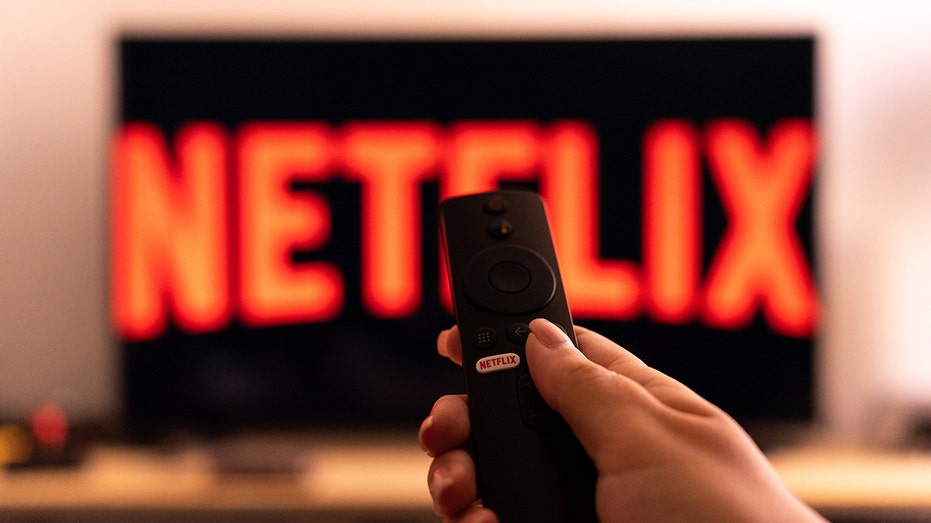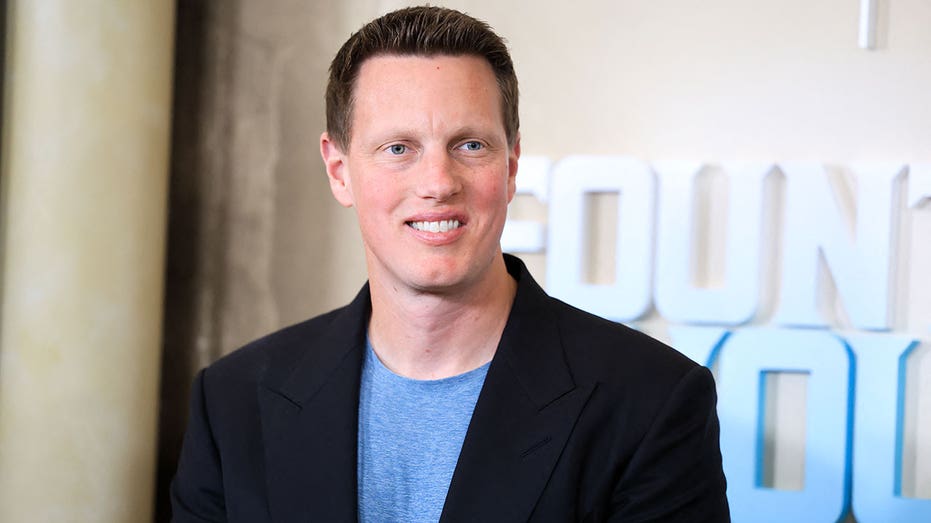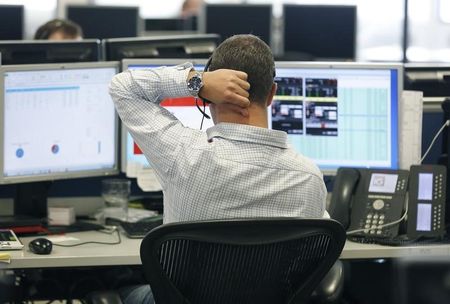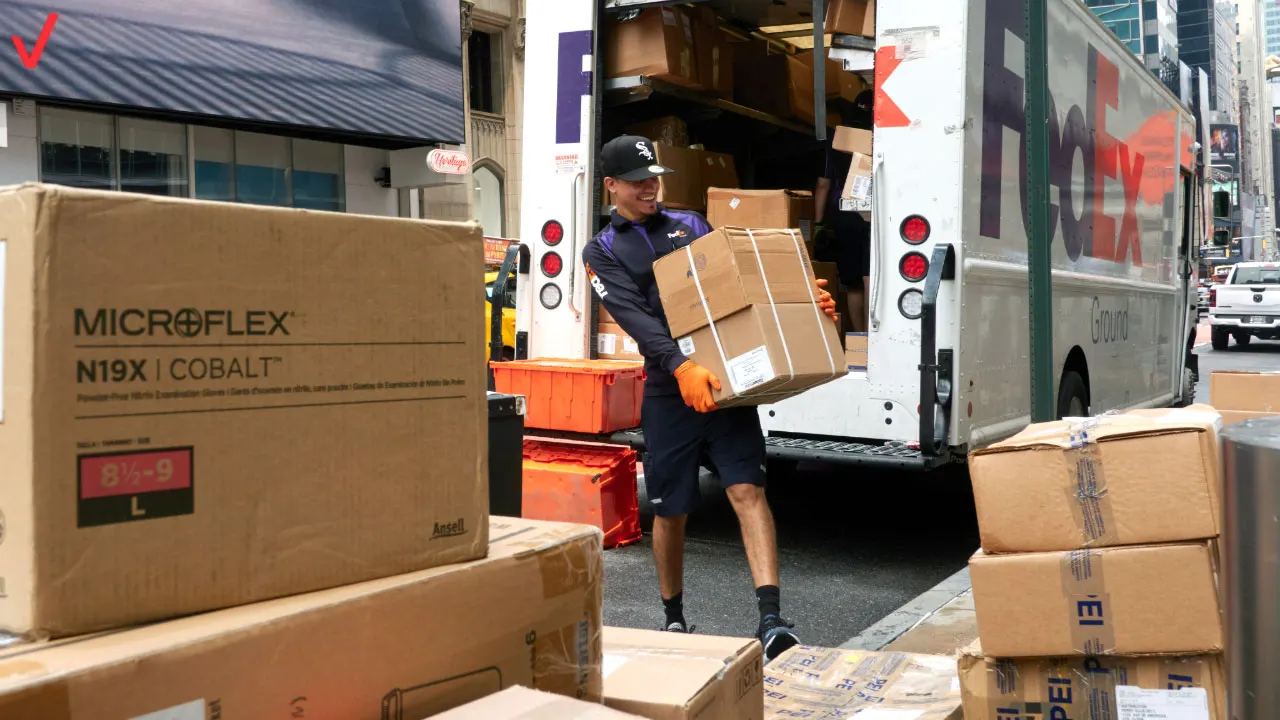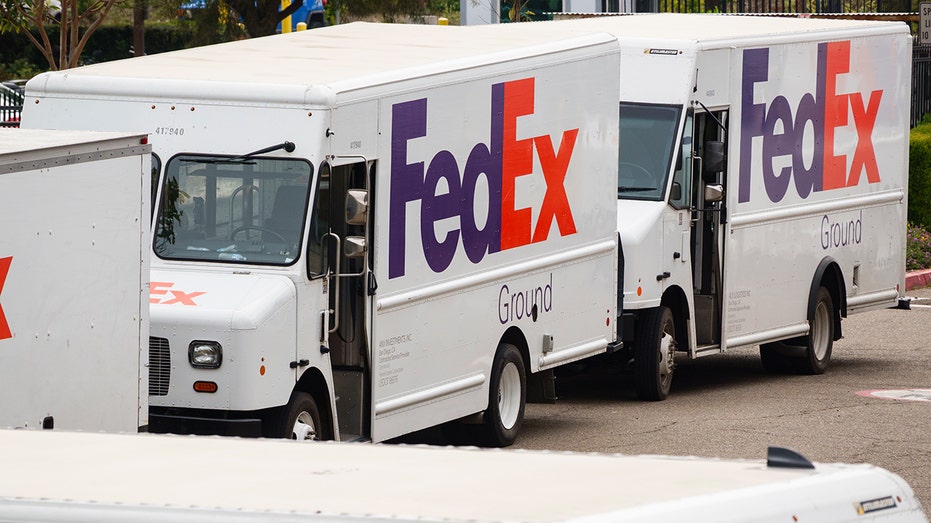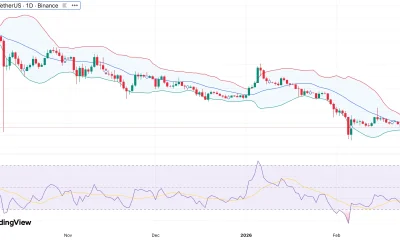It’s 9 AM on a Tuesday morning, and your sales team is already drowning in leads they can’t seem to convert. Meanwhile, your competitors are somehow managing to reach prospects you didn’t even know existed.
The difference? They’ve partnered with a professional telemarketing agency. If you’re a UK business owner wondering whether outsourcing your telephone sales efforts could be the game-changer you’ve been looking for, you’re in the right place.
In today’s competitive marketplace, finding and converting quality leads has become increasingly challenging. That’s where a reliable telemarketing agency in the UK can step in to bridge the gap between your business and potential customers.
This comprehensive guide will walk you through everything you need to know about choosing the right telemarketing partner, understanding the costs involved, and maximising the return on your investment.
What Exactly Does a Telemarketing Agency Do?
Before diving into the selection process, let’s establish what a modern telemarketing agency actually offers. Gone are the days when telemarketing simply meant cold-calling random numbers from a phone book. Today’s professional agencies provide sophisticated, targeted services that can significantly impact your bottom line.
A reputable telemarketing agency UK will typically offer lead generation services, where trained professionals identify and qualify potential customers who match your ideal client profile. They’ll conduct market research to understand your industry landscape and competitor positioning. Many agencies also provide appointment setting services, ensuring your sales team only spends time with genuinely interested prospects.
Customer retention programmes represent another valuable service area. These involve reaching out to existing clients to ensure satisfaction, identify upselling opportunities, and gather feedback for service improvements. Database cleansing and management services help maintain accurate customer information, whilst survey and market research capabilities provide insights into customer preferences and market trends.
The Current State of Telemarketing in the UK
The UK telemarketing industry has evolved dramatically over the past decade. Strict regulations introduced by Ofcom and the Information Commissioner’s Office have cleaned up the sector considerably. The Telephone Preference Service (TPS) and Corporate Telephone Preference Service (CTPS) have created clear boundaries around who can be contacted and when.
These regulations have actually benefited legitimate businesses. Professional telemarketing agencies now operate within clearly defined parameters, focusing on quality over quantity. They maintain strict compliance with GDPR requirements and ensure all communications are permission-based or fall within legitimate interest guidelines.
The industry has also embraced technology in remarkable ways. Modern telemarketing campaigns integrate with CRM systems, use predictive diallers to improve efficiency, and employ sophisticated data analytics to refine targeting strategies. Many agencies now offer multi-channel approaches, combining telephone outreach with email campaigns and social media engagement.
Key Benefits of Partnering with a Professional Agency
Working with an established telemarketing agency in the UK offers several compelling advantages over managing campaigns internally. Cost-effectiveness ranks high among these benefits. Building an in-house telemarketing team requires significant investment in recruitment, training, technology, and ongoing management. Outsourcing telemarketing transfers these costs into a predictable monthly expense whilst providing immediate access to experienced professionals.
Expertise and specialisation represent another major advantage. Professional telemarketers understand how to navigate conversations effectively, handle objections gracefully, and identify genuine buying signals. They’ve encountered virtually every scenario and know how to adapt their approach accordingly.
Scalability offers tremendous flexibility for growing businesses. During busy periods, agencies can quickly allocate additional resources to your campaigns. Conversely, during quieter times, you can scale back without worrying about redundancies or unused capacity.
Access to advanced technology and data represents a significant benefit that many businesses overlook. Established agencies invest heavily in calling systems, data management platforms, and analytics tools that would be prohibitively expensive for individual companies to purchase and maintain.
Essential Factors to Consider When Choosing an Agency
Selecting the right telemarketing agency in the UK requires careful evaluation of several critical factors. Industry experience should top your list of considerations. An agency that understands your sector will grasp the nuances of your market, speak your customers’ language, and identify opportunities that generalist providers might miss.
Compliance and accreditation deserve serious attention given the regulated nature of telemarketing in the UK. Look for agencies that hold relevant certifications such as ISO 27001 for information security management. Membership in professional bodies like the Direct Marketing Association (DMA) indicates commitment to industry best practices.
Technology infrastructure and data security capabilities require thorough evaluation. Your chosen agency will likely handle sensitive customer information, making robust security measures essential. Ask about their data protection policies, staff vetting procedures, and technical safeguards.
Reporting and analytics capabilities vary significantly between providers. The best agencies provide detailed campaign reports, including call outcome analysis, conversion rates, and return on investment calculations. Real-time dashboards allow you to monitor campaign progress and make adjustments as needed.
Staff training and quality assurance processes directly impact campaign success. Inquire about how the agency trains its staff, what ongoing development programmes exist, and how they monitor call quality. Many top agencies record calls for training purposes and conduct regular performance reviews.
Understanding Pricing Models and What to Expect
Telemarketing agencies typically operate using several different pricing models, each with distinct advantages depending on your specific requirements. Per-hour billing represents the most straightforward approach, where you pay for actual time spent on your campaigns. This model works well for businesses with unpredictable calling volumes or those wanting maximum cost control.
Per-lead pricing aligns agency incentives with your business objectives. You only pay when the agency delivers qualified leads meeting your predefined criteria. This model transfers performance risk to the agency but may result in higher per-lead costs.
Retainer arrangements suit businesses requiring ongoing telemarketing support. Monthly retainers typically include a predetermined number of calling hours plus additional services such as campaign planning and performance analysis. This model often provides the best value for consistent, high-volume requirements.
Results-based pricing, whilst less common, can offer excellent value for businesses confident in their conversion processes. Under this model, agencies receive payment based on actual sales generated rather than leads delivered or hours worked.
When evaluating costs, remember to consider the total investment required. The cheapest option rarely delivers the best results. Factor in setup costs, data acquisition expenses, and the time investment required to brief and manage your chosen agency.
Red Flags to Watch Out For
Unfortunately, not all telemarketing providers operate to professional standards. Several warning signs can help identify agencies best avoided. Unrealistic promises represent a major red flag. Be wary of agencies guaranteeing specific results or claiming they can deliver leads at prices significantly below market rates.
Lack of transparency around processes, pricing, or compliance procedures should concern you. Professional agencies welcome detailed discussions about their methods and provide clear explanations of how they operate.
Poor communication during the selection process often indicates how the relationship will progress. Agencies that are difficult to reach, slow to respond, or provide vague answers to direct questions rarely improve once contracts are signed.
Absence of proper accreditation or unwillingness to provide references suggests the agency may have something to hide. Established providers proudly display their credentials and happily connect prospects with satisfied clients.
High-pressure sales tactics during initial discussions ironically indicate an agency that may struggle to represent your business professionally. The best telemarketing providers understand that building trust takes time and don’t rush the decision-making process.
Making Your Final Decision
Choosing the right telemarketing agency ultimately comes down to finding a provider that understands your business, operates professionally, and demonstrates the capability to deliver results within your budget. Take time to speak with multiple agencies, request detailed proposals, and check references thoroughly.
Consider starting with a small pilot campaign to evaluate performance before committing to larger contracts. This approach allows you to assess the agency’s capabilities whilst minimising risk. The best agencies welcome this approach and often suggest it themselves.
Remember that successful telemarketing partnerships require ongoing collaboration. Choose an agency that views itself as an extension of your team rather than just a service provider. The right partner will invest time in understanding your business, provide strategic input, and adapt their approach as your requirements evolve.
The telemarketing industry in the UK offers tremendous opportunities for businesses willing to work with professional, compliant providers. By following the guidelines outlined in this article and taking time to evaluate your options carefully, you’ll be well-positioned to find an agency that can drive genuine growth for your business whilst maintaining the professional standards your customers expect.






